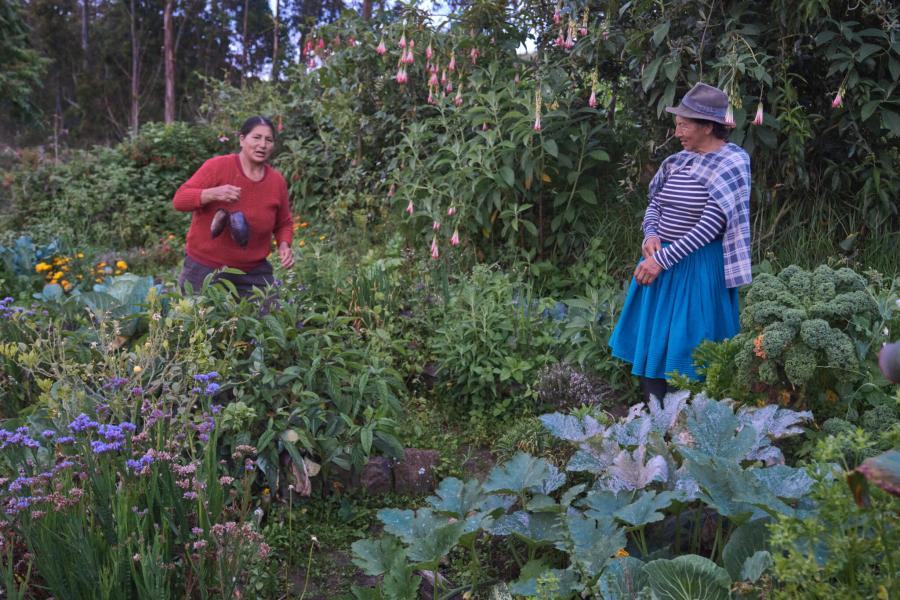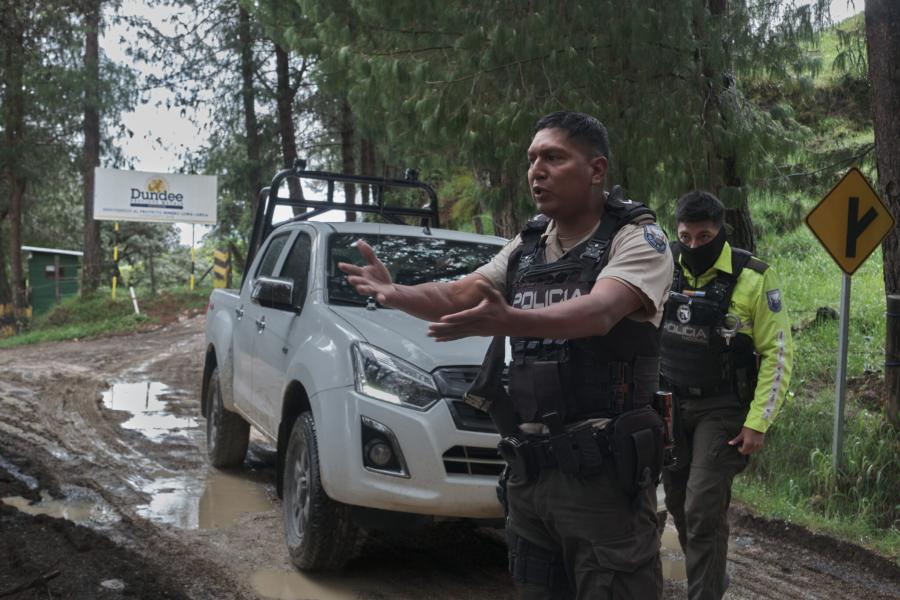By Ingrid Sub Cuc
On July 24-28, 2017, in Toronto, Canada, the 10th World Indigenous Peoples Conference on Education (WIPCE) took place. Over the past 30 years, WIPCE has grown to become a major international event in the Indigenous education movement, hosted triennially. WIPCE 2014 was hosted by the Native Hawaiian Education Association in Hawai'i and welcomed over 4,000 delegates. The conference attracts Indigenous education experts, scholars, students and leaders from around the globe to discuss contemporary movements in education that support Indigenous worldviews. Over 3,000 delegates from various Indigenous communities around the world attended the event in Toronto.
This year’s theme was A Celebration of Resilience, analyzing the role and impacts of Indigenous education in truth and reconciliation around the world was the focus of the conference. The event was hosted by TAP Resources—an Indigenous event management firm that specializes in Indigenous events and hotel site selection, and Six Nations Polytechnic—a unique post-secondary organization, recognized as a center of excellence for Indigenous knowledge.
The event opened on Monday July 24, with delegates attending the Six Nations Gathering where they were welcomed with traditional ceremonies, dances, prayers, and food. The conference provided several tracks for delegates, including WIPCE Master Classes and Young Leaders Stream. WIPCE Master Classes provided the opportunity for extended learning and engagement for delegates to engage in more in-depth learning and dialogue on matters of interest in each aspect of Indigenous education. The Young Leaders Stream was the first youth empowerment track created at the last WIPCE in Hawai'i in 2014. This year’s WIPCE also included a youth track where Indigenous youth engaged in various programming activities which later culminated with an Indigenous youth declaration. Other sessions offered education strategies, initiatives, and program information for delegates interested in advancing Indigenous educational models.
A few highlights from the conference where South Central Foundation’s Self-Determination in Health Research: An Alaska Native Example of Tribal Ownership and Regulation session. Southcentral Foundation is an Alaskan Native-owned, non-profit health care organization serving over 65,000 Alaska Native and American Indian people living in Anchorage and over 55 rural villages. Their health care model has been recognized as one of the most innovative and effective healthcare systems in the world. Another was Unlocking Silent Histories, an Indigenous youth led initiative that aims to support Indigenous youth learning opportunities that lead to critical and creative media expression. The small non-profit leads chapters in nine Indigenous communities in Guatemala and one with the Lumbee Tribe in North Carolina. What Makes A People “A People”?: Reclaiming Land, Language, Medicine, and Cultural and Intellectual Property Rights session looked at the modern problems facing Indigenous communities around the globe. The presentation addressed the increased theft of Indigenous knowledge and identity and the legal barriers facing Indigenous communities. The speakers spoke about navigating the legal system and precedents that are serving as models for legal battles around the world.
On Friday, July 28, WIPCE featured three prominent leaders to discuss international perspectives on reconciliation. Among the speakers was UN Special Rapporteur on the Rights of Indigenous Peoples, Vicky Tauli-Corpuz, who spoke about the importance of creating and nurturing Indigenous educational models so that more Indigenous people are at the discussion table regarding policies and decisions that affect our communities. She also recommended “using the UN Declaration on the Rights of Indigenous Peoples as a template for modeling reconciliation efforts and education around the world” to advance Indigenous rights.
The conference had heavy representation from North America, Australia and New Zealand Indigenous communities but very few Latin American Indigenous delegates attended. The conversations and sessions were enriching, empowering, and educational. Balancing representation would enrich and spotlight other Indigenous Educational models that are shaping the Latin American Indigenous movement. WIPCE 2020 will be held in Adelaide, Australia.



